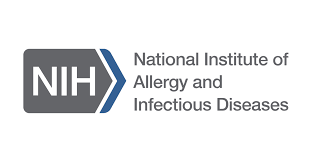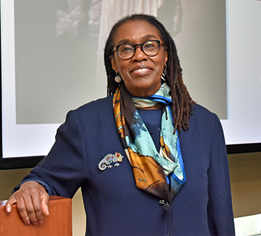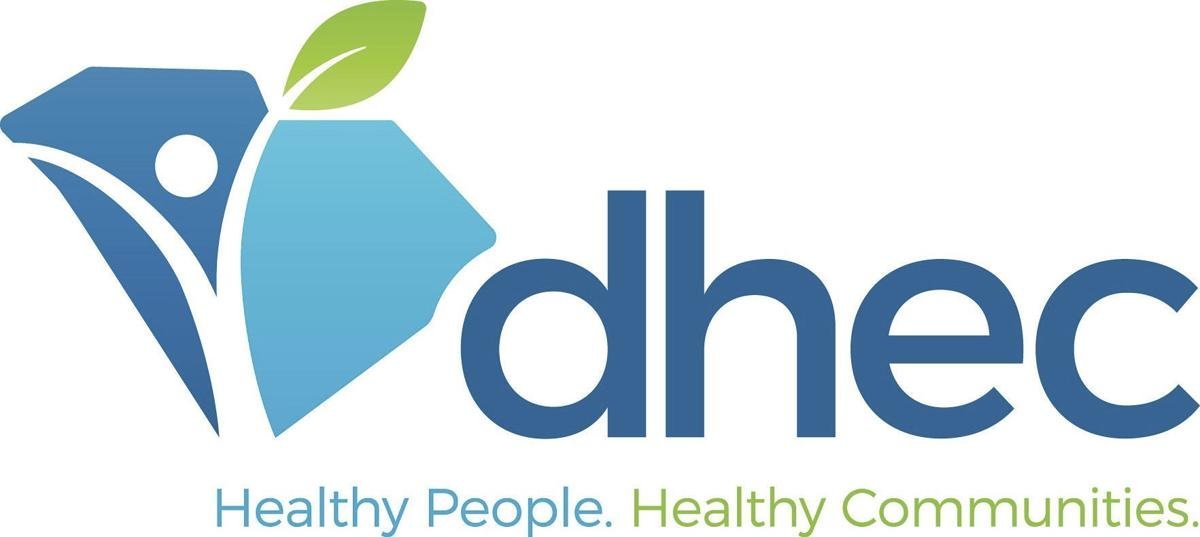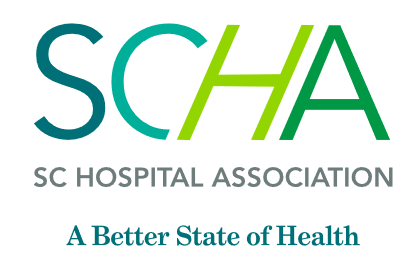Project
Our study is significant as it focuses on developing a de-identified linked database system via REDCap, for exploring COVID-19 surveillance, clinical, multi-omics and geospatial data to help understand and monitor transmission dynamics, natural history, virology and clinical outcomes.
The study is also highly feasible as a quick response to the ongoing COVID-19 pandemic. As a result of improved computational architecture and improved capabilities in data management and analytics software, we can now quickly build integrated multitudinal and multimodal datasets within secure Health Insurance Portability and Accountability Act (HIPAA) compliant analytic environments to support data annotation, reproducible analytics, and controlled access archiving and sharing. This will enable us learn quickly and share important emerging COVID-19 patterns and trends across South Carolina.
To better understand the short-term and long-term clinical outcomes for COVID-19 patients, this project proposes do this innovatively by deploying active learning as a central component of the Big Data science approach to this problem. To achieve this, this project focuses on the following Specific Aims:
Create a de-identified linked database system via REDCap and a mobile application (app) for collating surveillance, clinical, multi-omics and geospatial data on both COVID-19 patients and health workers (HW) treating COVID-19 patients in South Carolina.
Examine the natural history of COVID-19 including transmission dynamics, disease progression, and geospatial visualization.
Identify important predictors of short- and long-term clinical outcomes of COVID-19 patients in South Carolina using machine learning algorithms.
Project Team
Xiaoming Li (Arnold School of Public Health) and Bankole Olatosi (Arnold School of Public Health), co-principal investigators of the UofSC Big Data Health Science Center – have been awarded a $1,252,550 grant from the National Institute of Allergy and Infectious Diseases to develop a state-wide data-driven system to fight COVID-19 in South Carolina. The multidisciplinary investigation team for this project also includes BDHSC faculty members; Neset Hikmet (College of Engineering and Computing), Jianjun Hu (College of Engineering and Computing), Zhenlong Li (College of Arts and Sciences), Sharon Weissman (School of Medicine-Columbia) and Jiajia Zhang (Arnold School of Public Health). Additionally, the project includes the collaborators: Caroline Rudisill from the Arnold School of Public Health and Michael Shtutman from the College of Pharmacy.
Xiaoming Li
Arnold School of Public Health
Bankole Olatosi
Arnold School of Public Health
Neset Hikmet
College of Engineering and Computing
Jianjun Hu
College of Engineering and Computing
Zhenlong Li
College of Arts and Sciences
South Carolina DHEC Team
Larisa D. Bruner
Division of Surveillance Assessment and Evaluation, South Carolina Department of Health and Environmental Control
Abdoulaye Diedhiou
Division of Acute Disease Epidemiology, South Carolina Department of Health and Environmental Control
Ali B. Mansaray
STD/HIV & Viral Hepatitis Division, Bureau of Communicable Disease Prevention & Control, South Carolina Department of Health and Environmental Control
Cheryl L’Tanya Scott
South Carolina Department of Health and Environmental Control
Collaborators
Special Thanks to Our Funder
The BDHSC would like to thank the National Institute for Allergy and Infectious Diseases for making this program possible through their 3R01AI127203-05S1 grant award.





















